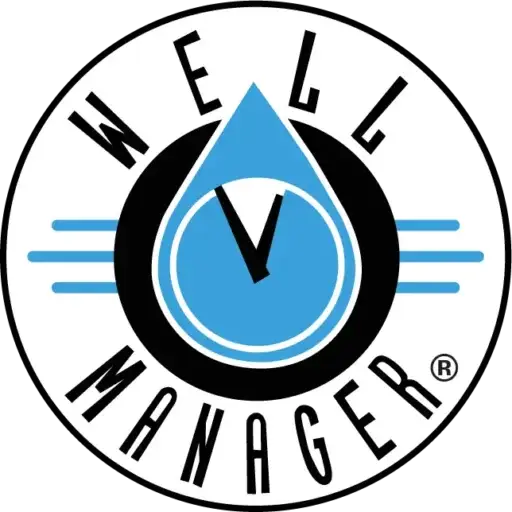When it comes to your well’s yield, some key factors determine the decline in performance. Your well pressure tank is part of a complex system where there are multiple points where problems can arise and negatively affect your well’s total yield. One such issue that can occur in well systems comes is the phenomenon known as mineral incrustation. But what is mineral incrustation, and how can it negatively affect the output of your well water system?
Mineral Incrustation Definition
Mineral incrustation is a natural phenomenon that occurs when mineral scales begin to form around critical touchpoints of your well system. Mineral incrustation typically manifests itself in systems with shallower table aquifers with a buildup of dissolved minerals such as calcium, iron, and magnesium. As your system is put into use, the changes in pressure and temperatures that occur can impact these mineral deposits in unexpected ways. If your well gets over-pumped too quickly, the deposits can begin to redistribute and settle on the system’s critical aspects.
How Does It Affect Well Yield?
As mineral incrustation on the well system’s critical components continues to build, the more likely you are to see a downturn in the overall yield. Mineral incrustation can be found on the casings, liners, and screens and damage the system. If any part of your system isn’t operating correctly, it can affect your system’s total yield, even with a Well Manager® system installed.
What Can You Do About Mineral Incrustation?
While mineral incrustation can be a nuisance for homeowners with a low yield well, you can take some steps to ensure that your Well Manager® system doesn’t face the adverse effects caused by the incrustation. Taking the time to perform regular preventive maintenance can help you mitigate the potential disruptions to your water supply. Ensuring that your system runs efficiently goes a long way towards minimizing the effects of mineral incrustation. As you take steps to reduce your water pumping rates and include longer pumping cycles, you can help prevent mineral incrustation from manifesting in significant ways.
A well running dry is far from the only issue that you have to deal with if your home has a low yield well. With mineral incrustations, you have to keep an eye on your well’s performance and take the time to perform the necessary preventative maintenance to ensure that the mineral buildup does not affect your home. For more questions about the common water problems associated with low yield wells and how Well Manager can help you mitigate these issues, contact our team today!
Related Reading
- Understanding the Differences Between Surface Water and Groundwater: Enhancing Well Water Management
- Why Traditional Low-Yield Well Solutions Fall Short: Discover a Better Alternative
- Understanding the Symptoms of a Low-Yield Well
- Who Used All the Water?!?!—Understanding Your Well Recovery Rate
- How to Survive a Drought with a Low Yield Well


